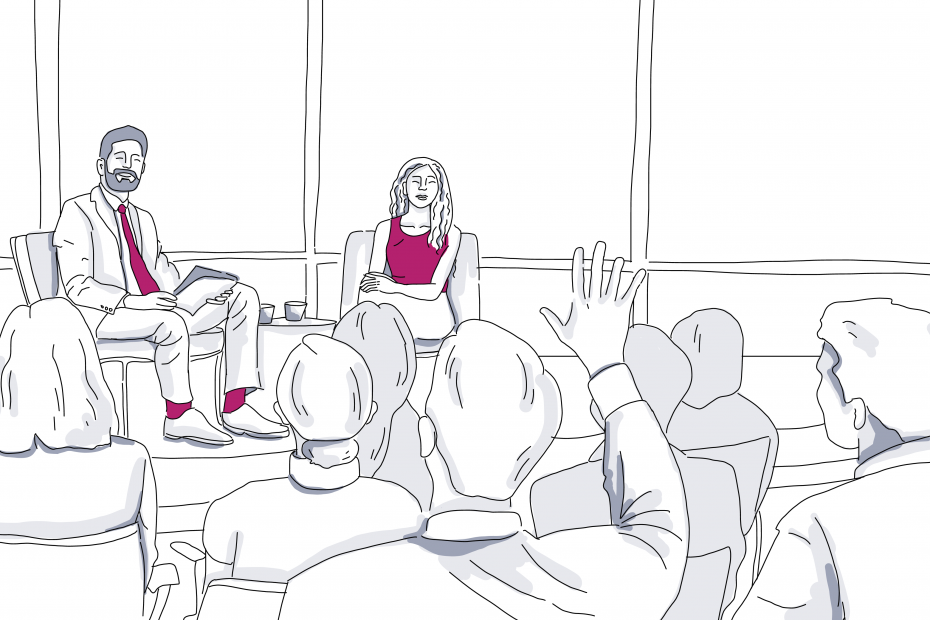Whether it’s for a film festival or not, here are some tips to keep in mind while hosting a panel and Q&A:
Identify Your Audience
- Who is your audience, and what do they want to hear? Who is the moderator? Who are the panelists? And finally, who is the host and what are their goals with this event or panel discussion (to educate, to entertain, etc.)?
Reach Out to Panelists
- To host a successful panel and Q&A, you need experts who will be able to answer questions from the audience and engage with them in an interesting way.
- When reaching out to potential tutors and speakers, provide them with information about their role on the panel: what topics they’ll be speaking about, how much time they’ll have for their presentation/talk, where their presentation will take place etc.. This helps ensure that each speaker knows how they should prepare their talk or lecture beforehand—and allows everyone involved enough time to practice before the big day arrives!
Invite the Right Moderator
- The moderator should be well-versed in the topic. They should be able to answer questions from the audience, which will ensure that they stay engaged throughout the session.
- The moderator should be able to draw out panelists for more detailed answers than “yes” or “no.” This is especially true during Q&A sessions when many people want a chance at asking questions but only one person gets asked each time around, mainly because speakers often leave early so as not to interrupt anyone else’s turn (which is understandable).
Create an Agenda
- Have a plan of attack. There’s no point in having a great Q&A if it doesn’t really go anywhere, so have an idea of where it will lead—and how many questions there’ll be along the way. It’s also important to have an idea of what could happen next if certain answers are given; be prepared with backup plans.
Practice a Run-Through
- The rehearsal is the place where you work out all of the kinks. If something doesn’t go exactly as planned, that’s OK—as long as it’s not a complete disaster! You can fix it during the rehearsal, hopefully without anyone noticing.
- Practice in a similar location to where your panel will be held, to ensure that everything works properly there too. It’s also important that you use all of the equipment that will be used during your panel: microphones and speakers (if any), chairs or other furniture (if any), etc., so that everyone gets used to how things work.
- It’s also important to practice with the same moderator and panelist!
A successful panel discussion will depend largely on those involved.
The success of a panel depends largely on those involved. If they are not prepared to answer questions, or ready to provide answers (and not just one-word responses), it can be difficult to keep a discussion going. Make sure you follow the steps mentioned above and be as prepared as you can for a successful panel.
